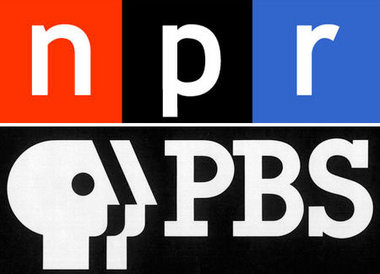You are looking at an archived version of our site. Please visit thepcc.org for a fresh, new experience!
You are here: Array » In Maryland, A Change ...
In Maryland, A Change In How Hospitals Are Paid Boosts Public Health
Think for a moment about what would happen if you upended the whole system of financial incentives for hospitals.
What if you said goodbye to what's known as fee-for-service, where hospitals are paid for each procedure, each visit to the emergency room, each overnight stay? What if, instead, hospitals got a fixed pot of money for the whole year, no matter how many people came through the door?
Would a change like that make hospitals rethink the way they care for patients? Would they think more creatively about how to keep people healthier so they wouldn't come to the hospital at all?
Those very questions are being asked in Maryland, where an experiment in how hospitals are paid has been underway since early last year.
The experiment came about under an agreement between the state of Maryland and the Centers for Medicare and Medicaid Services. It was championed by Dr. Joshua Sharfstein, who was then Maryland's Secretary of Health and Mental Hygiene.
Sharfstein came into office in 2011, around the time the Affordable Care Act was being rolled out. Along with the expansion of health coverage for the uninsured, there was a lot of talk about improving health outcomes while cutting costs. The ACA created opportunities to test new ways of paying for and delivering care. Maryland was poised to act.

Recent News
August 16, 2024
August 12, 2024
July 16, 2024
May webinar highlights: “The Commercial Market: Alternative Payment Models for Primary Care” Nate Murray explains w… https://t.co/KX9Wi2w6oY —
Il y a 2 années 8 mois
@CMSinnovates’ primary care strategy is rooted in a 2021 @theNASEM’s report which called #primarycare “foundational… https://t.co/glbPxvCysg —
Il y a 2 années 8 mois
@CMSinnovates has a new #primarycare strategy, envisioning “ACO-based primary care model tests that may focus on pr… https://t.co/aJGF1z411l —
Il y a 2 années 8 mois
- Page 1
- ››
Secondary menu
Copyright © 2024 Primary Care Collaborative



